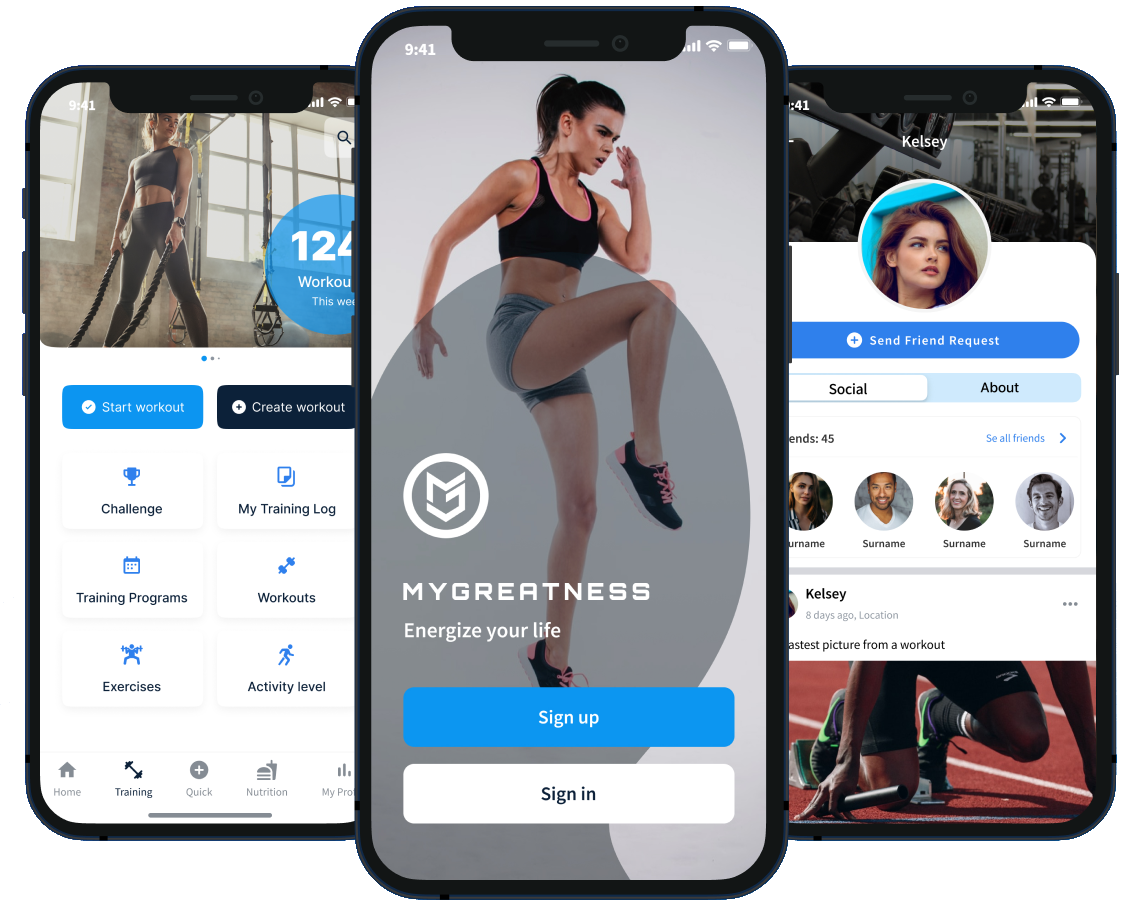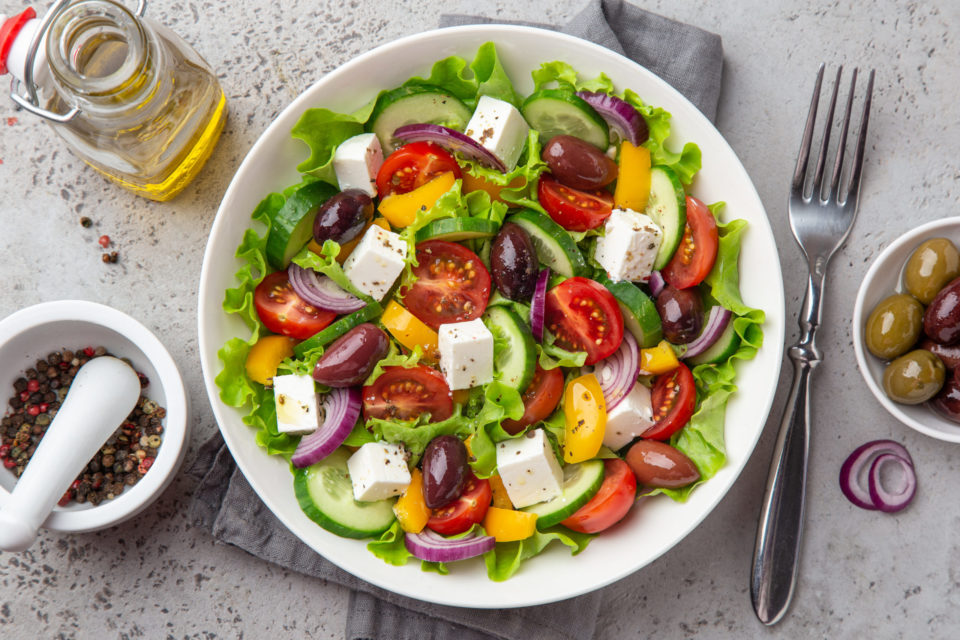Caffeine is often associated with coffee, but is also found in tea, chocolate, as well as in coke and
various energy drinks. Caffeine, or trimethylxantine as the molecule is called, is part of a family of
substances that occur naturally in the leaves, nuts and seeds from a number of plants
Caffeine has a central stimulating effect which means that it affects the brain and is therefore said to
be a psychoactive substance. When we drink caffeinated beverages, the caffeine is taken up from the
small intestine to the bloodstream and spread in the body. Caffeine is similar to a substance that
occurs naturally in the body called adenosine, and has the ability to bind to the adenosine receptors.
When that happens, the tiring effect that adenosine would otherwise have becomes blocked. Some
of the effects of caffeine are that you become more alert, the heart beats a little faster and you can
even perform better athletically.

The fact that caffeine has a performance-enhancing effect is clear. Until 2004, caffeine was on the
anti-doping agency WADA’s list of banned substances, but they chose to remove caffeine from the
list because the urine detection tests were not reliable. It could happen that athletes tested positive
after just having their normal coffee consumption – that is, a positive doping test without having
ingested a substance with the aim of improving their performance.
Consuming 100-300 mg of caffeine during endurance training (15-80 minutes after starting the
exercise) can allow you to perform at a high level for 3-7% longer time. To enhance performance in
short and intense activities, research has shown that 3-6 mg of caffeine per kilogram of body weight
taken one hour before the start of the activity results in an improvement of up to 3%. With a greater
intake of caffeine, up to 9 mg per kilogram of body weight, there is no further performance
improvement, but instead more negative side effects are observed.
If you get your dose of caffeine through beverages, the risk of ingesting a lethal dose (150-200 mg
per kilogram of body weight) is almost impossible. A cup of brewed coffee (15 cl) contains around
100 mg of caffeine, and a cup of black tea (20 cl) about half as much. Regarding energy drinks
(approximately 25 cl), the amount of caffeine varies, but is usually between 80 and 180 mg. Hence, a
person weighing 60 kg must therefore drink about 100 cups of coffee to risk a lethal dose. Mild
caffeine poisoning that causes palpitations, anxiety, and tremors require significantly lower doses,
about 20 mg per kilogram of body weight. This harmless side effect of caffeine is probably something
most coffee drinkers have experienced at some point.
If you want to increase your physical performance by using caffeine, you may need to try out when,
and how much, you should ingest. This is due to the individual variation on positive (and negative)
effects, as well as for how long the effect lasts.
Written by:
Jessica Norrdom, Med Dr, Lic Personal Trainer
Maria Ahlén, Med Dr, Lic Personal Trainer
Sources:
Report from the International Olympic Committee about caffeine doses for performance in sports:
https://pubmed.ncbi.nlm.nih.gov/29540367/






